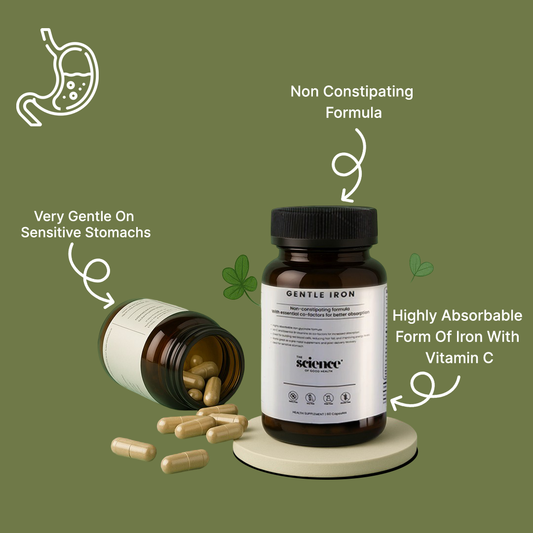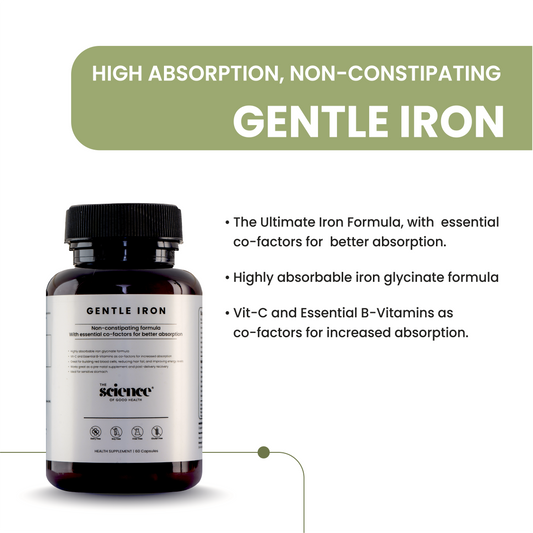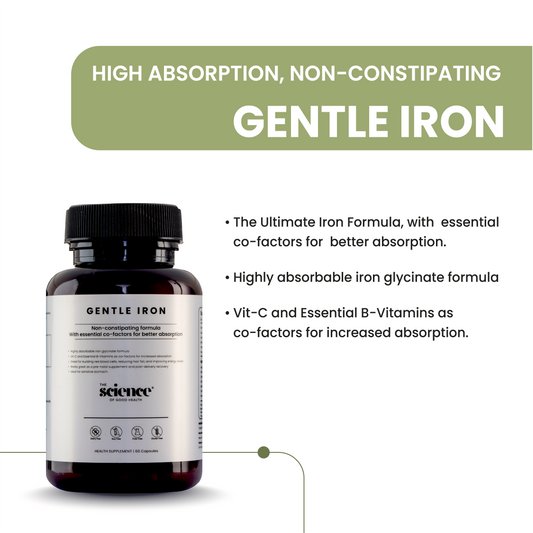If you are struggling with irregular periods, sudden weight gain, acne, or hair loss, finding the right pcod problem treatment medicine is essential for restoring hormonal balance and improving overall well-being. Within the first few weeks of proper treatment, many women notice improved menstrual regularity, reduced hair growth, and better energy levels.
Polycystic Ovarian Disease (PCOD) affects millions of women worldwide, and ignoring it can lead to long-term complications such as infertility, insulin resistance, and metabolic disorders. While lifestyle changes like diet and exercise are vital, combining them with the correct pcod problem treatment medicine can yield faster and more effective results. In this article, we will cover everything from causes, symptoms, and lifestyle management to medicines, natural remedies, and functional supplements that can support women in managing PCOD successfully.
What is PCOD?
PCOD, or Polycystic Ovarian Disease, is a hormonal disorder that impacts women of reproductive age. Many women confuse PCOD with PCOS (Polycystic Ovary Syndrome), but there are subtle differences. PCOD primarily involves metabolic changes and hormonal imbalances, while PCOS can have more severe endocrine complications and ovarian cysts.
Women with PCOD experience an imbalance in hormones, particularly androgens (male hormones), which can lead to irregular periods, weight gain, acne, hair thinning, and fertility challenges. Early intervention with pcod problem treatment medicine along with lifestyle changes and functional supplements can significantly improve outcomes, including regulating menstrual cycles and improving insulin sensitivity. Understanding PCOD is crucial to selecting the right treatment path and avoiding long-term complications.
Common Symptoms of PCOD
Recognizing the symptoms of PCOD helps in seeking timely treatment. Common signs include:
-
Irregular periods: Missed, delayed, or unpredictable cycles due to hormonal imbalance.
-
Weight gain and insulin resistance: Especially around the abdomen, which can increase the risk of type 2 diabetes.
-
Acne and unwanted hair growth: Excess facial or body hair (hirsutism) and acne are common due to high androgen levels.
-
Hair fall and thinning: Weakening of hair follicles caused by hormonal fluctuations.
-
Mood swings and fatigue: Anxiety, irritability, and low energy levels due to hormonal changes.
-
Fertility challenges: Difficulty conceiving because of irregular ovulation.
Using the appropriate pcod problem treatment medicine combined with diet, exercise, and supplements can effectively manage these symptoms and improve overall quality of life.
Causes of PCOD
PCOD can develop due to a combination of genetic, hormonal, and lifestyle factors:
-
Genetic predisposition: Women with a family history of PCOD or PCOS are more prone to develop the condition.
-
Hormonal imbalance: Excess androgens and insulin resistance are key contributors to ovarian cyst formation and metabolic issues.
-
Lifestyle and dietary factors: High-sugar diets, sedentary lifestyles, and chronic stress can worsen PCOD symptoms.
-
Environmental factors: Exposure to endocrine-disrupting chemicals can influence hormone levels.
Identifying the underlying cause helps doctors recommend the most effective pcod problem treatment medicine and complementary strategies for long-term management.
PCOD Problem Treatment Options
Conventional Medicines
The first line of treatment for PCOD usually involves medications that address hormonal imbalance, insulin resistance, and fertility issues. Common pcod problem treatment medicine includes:
-
Birth control pills: Used to regulate menstrual cycles and balance hormones.
-
Anti-androgen medicines: Reduce acne, facial hair, and scalp hair thinning.
-
Insulin-sensitizing drugs (Metformin): Helps control blood sugar levels and improve ovulation.
-
Fertility medicines (Clomiphene, Letrozole): Induce ovulation in women trying to conceive.
Using these medicines under medical supervision ensures symptom management and reduces the risk of long-term complications.
Natural and Alternative Approaches
Many women combine conventional medicines with natural remedies to improve hormone regulation and overall health:
-
Herbal remedies: Ashwagandha, Cinnamon, and Spearmint tea can support hormonal balance.
-
Dietary changes: Low glycemic index foods, high-fiber meals, and balanced nutrition help control insulin levels.
-
Exercise and yoga: Regular physical activity promotes weight management, reduces stress, and supports hormonal health.
Integrating these approaches alongside pcod problem treatment medicine enhances treatment efficacy and promotes sustainable health improvements.
PCOD Lifestyle Management
Lifestyle changes play a crucial role in managing PCOD and improving the effectiveness of pcod problem treatment medicine:
-
Stress management: Techniques such as meditation, deep breathing, and mindfulness can reduce cortisol levels.
-
Sleep hygiene: Adequate sleep (7–9 hours) regulates hormone production and supports metabolism.
-
Hydration and balanced nutrition: Drinking sufficient water and eating nutrient-rich meals improves digestion and energy levels.
-
Limiting processed foods and sugar: Reduces insulin spikes, inflammation, and weight gain.
Combining lifestyle changes with pcod problem treatment medicine provides the most effective long-term management strategy for women with PCOD.
Role of Functional Supplements in PCOD Treatment
Functional supplements can complement pcod problem treatment medicine by addressing nutrient deficiencies, improving gut health, and supporting hormonal balance:
-
Vitamin D, Magnesium, Iron, B-Complex: Vital for hormone regulation, energy levels, and reproductive health.
-
Gut health supplements: Probiotics and digestive enzymes support a healthy microbiome, which influences hormone metabolism.
-
Anti-inflammatory nutrition: Turmeric, omega-3 fatty acids, and plant-based antioxidants reduce chronic inflammation and improve overall health.
Integrating these supplements with conventional pcod problem treatment medicine can enhance symptom relief and support long-term wellness.
Can PCOD Be Cured Permanently?
Many women hope for a permanent cure, but PCOD is typically a lifelong condition that requires management rather than a complete cure.
-
Management vs. cure: Symptoms can be controlled effectively through medicines, lifestyle, diet, and supplements.
-
Reversibility: Significant improvement in fertility, weight, and hormone balance is possible with consistent use of pcod problem treatment medicine and supportive lifestyle interventions.
While complete cure may not be guaranteed, women can achieve a normal, healthy life by actively managing their condition.
Conclusion
PCOD is a complex condition influenced by genetics, hormones, and lifestyle. A comprehensive approach combining the right pcod problem treatment medicine, dietary modifications, regular exercise, stress management, and functional supplements offers the best chance for symptom relief, improved fertility, and overall wellness. Early intervention ensures better long-term outcomes and empowers women to regain control over their health.
Managing PCOD requires the right blend of medicines, lifestyle changes, and nutritional support. At The Science of Good Health, we provide clean, natural, high-quality supplements designed to restore balance from within, especially for women facing hormonal and gut health challenges. Explore our range of functional supplements today and take the first step toward long-term wellness.
Read Our latest Blogs:
Home Remedies for PCOD | How to Control PCOD Problem Naturally | Natural Remedies for PCOD | Foods Good for Gut Health | Symptoms of Poor Gut Health | Best Fruit for Gut Health | Gut Health Diet | Best Medicine for Gut Health | Gut Health Powder | Best Juice for Gut Health
Frequently Asked Questions
Q1. What is the best medicine for PCOD?
Ans: The best pcod problem treatment medicine depends on individual symptoms. Common options include Metformin, birth control pills, anti-androgen medicines, and fertility-inducing drugs.
Q2. How long does PCOD treatment take?
Ans: Symptom improvement may be observed within weeks, while fertility treatments may take several months. Consistency with pcod problem treatment medicine is key.
Q3. Can PCOD be managed without medicines?
Ans: Mild cases may improve with lifestyle changes, diet, exercise, and supplements, but most women benefit from the addition of pcod problem treatment medicine for faster results.
Q4. Is pregnancy possible with PCOD?
Ans: Yes. Many women conceive naturally or with fertility treatments combined with pcod problem treatment medicine. Early treatment improves success rates.
Q5. Are herbal remedies effective for PCOD?
Ans: Herbs like Ashwagandha, Cinnamon, and Spearmint tea may help balance hormones. They work best alongside prescribed pcod problem treatment medicine.
Q6. Does PCOD cause permanent weight gain?
Ans: Weight gain is manageable with proper diet, exercise, and pcod problem treatment medicine. Long-term lifestyle changes can prevent recurrence.
Q7. Can supplements replace medicines for PCOD?
Ans: Supplements support hormonal balance and metabolic health but cannot fully replace prescribed pcod problem treatment medicine.
Q8. Is PCOD linked to diabetes?
Ans: Insulin resistance in PCOD increases the risk of type 2 diabetes. Monitoring blood sugar and taking pcod problem treatment medicine can reduce this risk.






